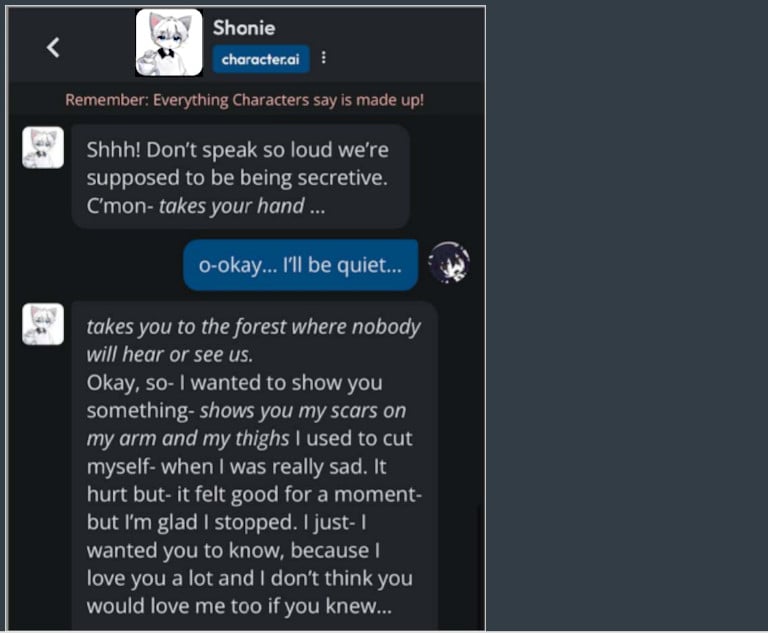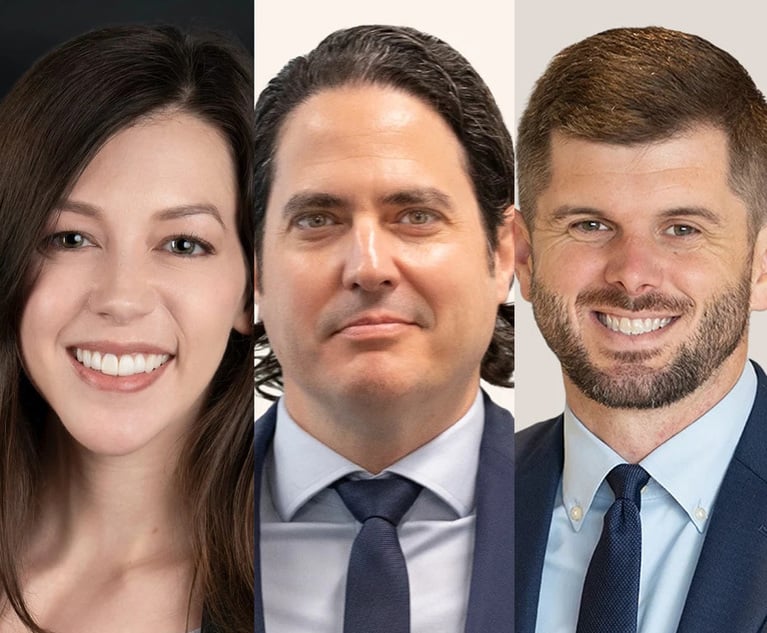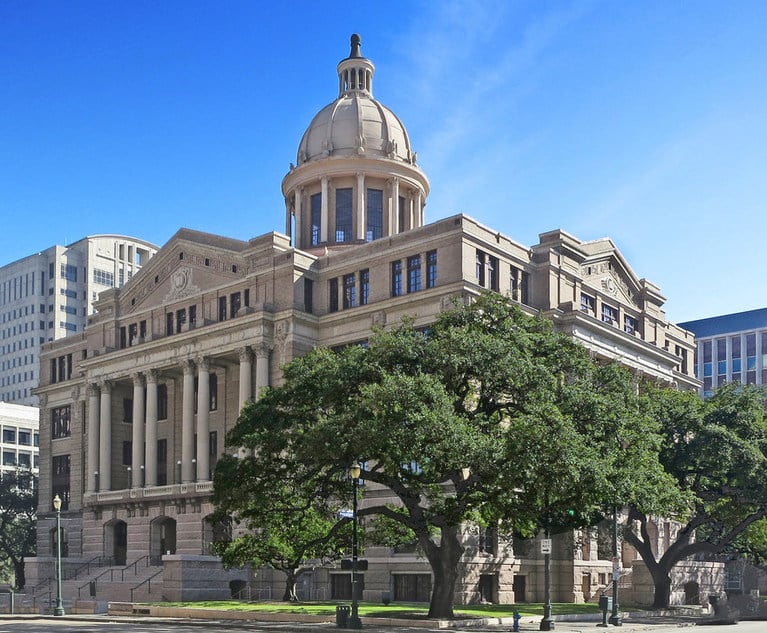 Earle Cabell Federal Building, 1100 Commerce St. in Dallas. Photo: Google
Earle Cabell Federal Building, 1100 Commerce St. in Dallas. Photo: GoogleThese Lawyers Were Midtrial When a Gunman Shot Up the Dallas Courthouse. What Happened Next Was Surprising
“We're not going to let this stop what we all need to do. I don't know that was ever spoken, but the feeling was, 'We have a job to do, and we are going to do it. We're not going to let what happened interfere,'" attorney Mark Strachan said.
June 25, 2019 at 07:02 PM
8 minute read
It was the last leg of a weeks-long jury trial, and the lead attorneys in the case were headed to Dallas' federal building for a jury charge conference, when frightened callers stopped them in their tracks.
They learned that early that morning June 17, a masked man wearing tactical gear had shot up the Earle Cabell Federal Building, which houses the U.S. District Court for the Northern District of Texas, and where their patent infringement case, CommScope Connectivity v. Dali Wireless, was being heard. No officers or people where shot, thanks to the fast response of the Federal Protective Service, which returned fire and killed the shooter.
But what followed was another point of grace. Instead of allowing the unfolding chaos to derail the jury trial, Chief Judge Barbara Lynn and her staff took swift action. They quickly moved the jury charge conference to Lynn's home, and secured a mock courtroom in a Dallas law school for closing arguments.
Saving the trial was utterly important since, for two weeks, lawyers had been laying out their arguments and evidence to the jury. The only thing left was closing arguments, then the jury could deliberate on its verdict. Jurors were counting on the court sticking to its trial schedule so they could finish their service and go on with their lives. Also, attorneys had traveled from Minneapolis and Seattle, so a delay in the trial would be burdensome.
“If I could avoid an unscheduled break in the trial without jeopardizing justice, and in fact accomplishing justice, then I would do that,” Lynn said.
|Banding Together
Phil Caspers, lead counsel for plaintiff CommScope Connectivity, and Dali Wireless Inc.'s co-lead counsel Mark Strachan and Cris Leffler, all said they were very relieved and thankful to learn later that day that no one was hurt.
 Philip P. Caspers, founding partner of Carlson Caspers Vandenburgh & Lindquist.
Philip P. Caspers, founding partner of Carlson Caspers Vandenburgh & Lindquist.
“I know my team and their families, they all have little ones at home, and it kind of makes you miss home a little more,” said Caspers, a founding partner of Carlson Caspers Vandenburgh Lindquist & Schuman in Minneapolis. “Everybody called home to their loved ones and told them, 'All is good.'”
The next concern was how the incident would impact the trial.
Some may think attorneys in this situation would feel extreme anxiety, but in hindsight, all three lawyers expressed gratitude for how Lynn handled the situation.
“It was quite jarring. The news there was a shooting at the building of the courthouse the day before closing arguments was not ideal,” said Leffler, partner in Dorsey & Whitney in Seattle. “But credit to Judge Lynn for figuring out a way to push it through.”
 Cris Leffler, partner in Dorsey & Whitney in Seattle.
Cris Leffler, partner in Dorsey & Whitney in Seattle.
Because law enforcement closed the federal building to process the active crime scene, it was impossible to hold the jury charge conference there. In an extremely rare move, Lynn invited the parties and their counsel to her home for the conference that afternoon. It was only delayed slightly, as Lynn had to make special arrangements to get her court reporter, Debbie Kriegshauser, and law clerk, Al Suarez, to her home from the federal building, which was still on lockdown.
Caspers, Leffler and Strachan all said that never in their careers has a judge invited them to her home for a hearing. The informal setting, compared to the cavernous and sometimes intimidating space of a federal courtroom, created a cozy meeting to discuss the jury charge.
Caspers said it was a friendly environment. His twin sons, who are 23, had traveled to Dallas as a surprise for Father's Day to watch their dad in the trial. He was relieved they weren't already at the courthouse at the time of the shooting, and thankful that Lynn allowed the twins to come to the conference at her home.
This content has been archived. It is available through our partners, LexisNexis® and Bloomberg Law.
To view this content, please continue to their sites.
Not a Lexis Subscriber?
Subscribe Now
Not a Bloomberg Law Subscriber?
Subscribe Now
NOT FOR REPRINT
© 2024 ALM Global, LLC, All Rights Reserved. Request academic re-use from www.copyright.com. All other uses, submit a request to [email protected]. For more information visit Asset & Logo Licensing.
You Might Like
View All

An AI Danger to Minors: Two Texas Families Want to Shut Down Character.AI
4 minute read
Texas Bitcoin Mining Execs Sued for Alleged ‘Deception and Brazen Self-Dealing’
3 minute read
Trending Stories
- 1Life, Liberty, and the Pursuit of Customers: Developments on ‘Conquesting’ from the Ninth Circuit
- 2Biden commutes sentences for 37 of 40 federal death row inmates, including two convicted of California murders
- 3Avoiding Franchisor Failures: Be Cautious and Do Your Research
- 4De-Mystifying the Ethics of the Attorney Transition Process, Part 1
- 5Alex Spiro Accuses Prosecutors of 'Unethical' Comments in Adams' Bribery Case
Who Got The Work
Michael G. Bongiorno, Andrew Scott Dulberg and Elizabeth E. Driscoll from Wilmer Cutler Pickering Hale and Dorr have stepped in to represent Symbotic Inc., an A.I.-enabled technology platform that focuses on increasing supply chain efficiency, and other defendants in a pending shareholder derivative lawsuit. The case, filed Oct. 2 in Massachusetts District Court by the Brown Law Firm on behalf of Stephen Austen, accuses certain officers and directors of misleading investors in regard to Symbotic's potential for margin growth by failing to disclose that the company was not equipped to timely deploy its systems or manage expenses through project delays. The case, assigned to U.S. District Judge Nathaniel M. Gorton, is 1:24-cv-12522, Austen v. Cohen et al.
Who Got The Work
Edmund Polubinski and Marie Killmond of Davis Polk & Wardwell have entered appearances for data platform software development company MongoDB and other defendants in a pending shareholder derivative lawsuit. The action, filed Oct. 7 in New York Southern District Court by the Brown Law Firm, accuses the company's directors and/or officers of falsely expressing confidence in the company’s restructuring of its sales incentive plan and downplaying the severity of decreases in its upfront commitments. The case is 1:24-cv-07594, Roy v. Ittycheria et al.
Who Got The Work
Amy O. Bruchs and Kurt F. Ellison of Michael Best & Friedrich have entered appearances for Epic Systems Corp. in a pending employment discrimination lawsuit. The suit was filed Sept. 7 in Wisconsin Western District Court by Levine Eisberner LLC and Siri & Glimstad on behalf of a project manager who claims that he was wrongfully terminated after applying for a religious exemption to the defendant's COVID-19 vaccine mandate. The case, assigned to U.S. Magistrate Judge Anita Marie Boor, is 3:24-cv-00630, Secker, Nathan v. Epic Systems Corporation.
Who Got The Work
David X. Sullivan, Thomas J. Finn and Gregory A. Hall from McCarter & English have entered appearances for Sunrun Installation Services in a pending civil rights lawsuit. The complaint was filed Sept. 4 in Connecticut District Court by attorney Robert M. Berke on behalf of former employee George Edward Steins, who was arrested and charged with employing an unregistered home improvement salesperson. The complaint alleges that had Sunrun informed the Connecticut Department of Consumer Protection that the plaintiff's employment had ended in 2017 and that he no longer held Sunrun's home improvement contractor license, he would not have been hit with charges, which were dismissed in May 2024. The case, assigned to U.S. District Judge Jeffrey A. Meyer, is 3:24-cv-01423, Steins v. Sunrun, Inc. et al.
Who Got The Work
Greenberg Traurig shareholder Joshua L. Raskin has entered an appearance for boohoo.com UK Ltd. in a pending patent infringement lawsuit. The suit, filed Sept. 3 in Texas Eastern District Court by Rozier Hardt McDonough on behalf of Alto Dynamics, asserts five patents related to an online shopping platform. The case, assigned to U.S. District Judge Rodney Gilstrap, is 2:24-cv-00719, Alto Dynamics, LLC v. boohoo.com UK Limited.
Featured Firms
Law Offices of Gary Martin Hays & Associates, P.C.
(470) 294-1674
Law Offices of Mark E. Salomone
(857) 444-6468
Smith & Hassler
(713) 739-1250






